Organic Gardening – the Permaculture Way at Azula, Portugal 12th – 18th May 2018
Azula and Surplus Permaculture design are excited to invite you on a unique learning experience designed to empower you to reclaim your food freedom by learning to grow your own organic food.
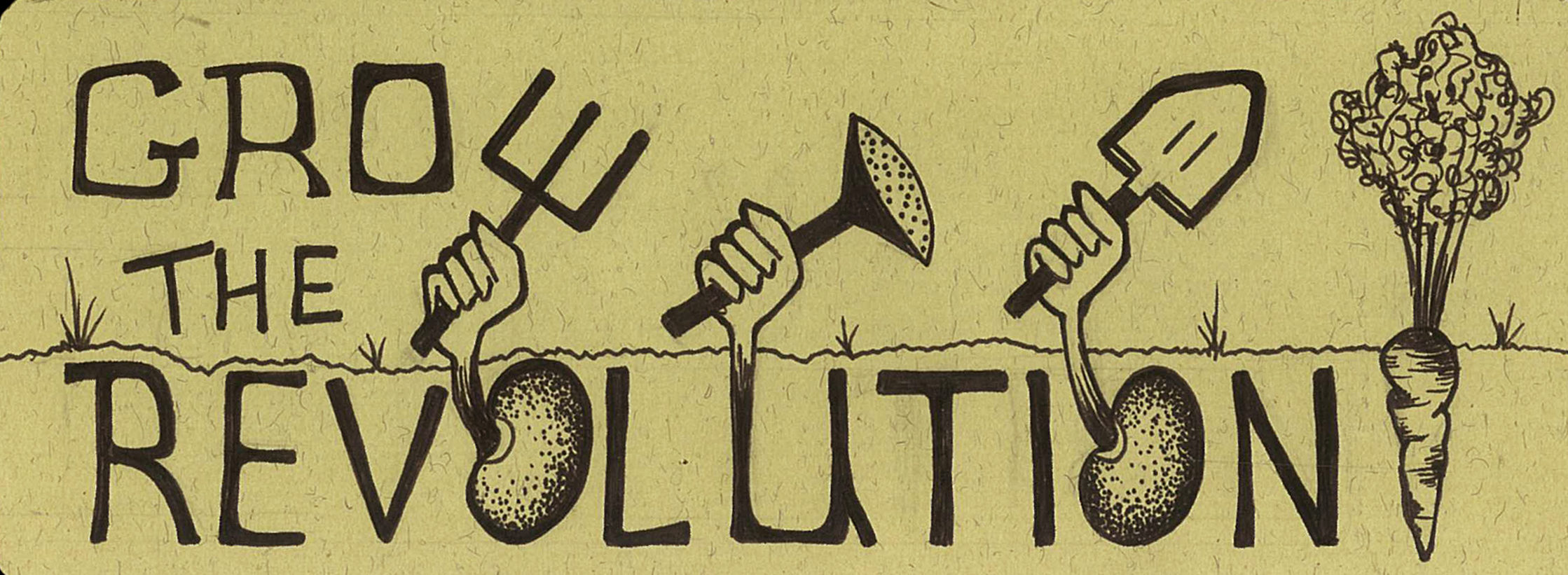
This workshop will be focusing on Organic gardening, teaching you the fundamental techniques and knowledge to get you started with growing quality, fresh, organic vegetables all year round. From the urban balcony to the rural farm this workshop will teach you how to grow more veg in less space than you ever imagined to be possible! Maximising your available space and producing an abundance of nutritious and delicious vegetables, herbs and fruit.
The Permaculture design strategies will also be introduced to give you an inspiring insight into how Permaculture can re-shape your thinking, future and our gardens.
What to expect from the workshop?
This course is a hands – on course and you will gain first-hand experience of techniques during practical sessions. During this time of the year there are many different tasks that need to be completed to ensure that Azula has an abundant of fresh organic produce during the growing season and these tasks will form the basis of our experiential learning.
Theses practical sessions will be supplemented by theory and question and answer sessions in the classroom.
Please Note : This workshop is part of the 3 in 1 Permaculture Design Course, for more infomation

Key topics in the workshop will include:
Soil Building & Remediation:
Discover the secrets behind making awesome compost and other soil amendments. Learn how to apply green manuring techniques, crop rotation and soil food web technologies to help keep your garden healthy and fertile.
Plant propagation:
Develop your green fingers by learning different techniques on how to grow your own plants. Gain a deeper understanding and the practical skills to be able to: Save your own seeds, propagate seed, take cuttings, layering and air layering, division and grafting.
Organic Pioneering:
Learn about “No dig” & “Biointensive” gardening techniques, which can help you to pioneer extraordinarily healthy and productive gardens, even if you’re starting from damaged land or an overgrown neglected plot!
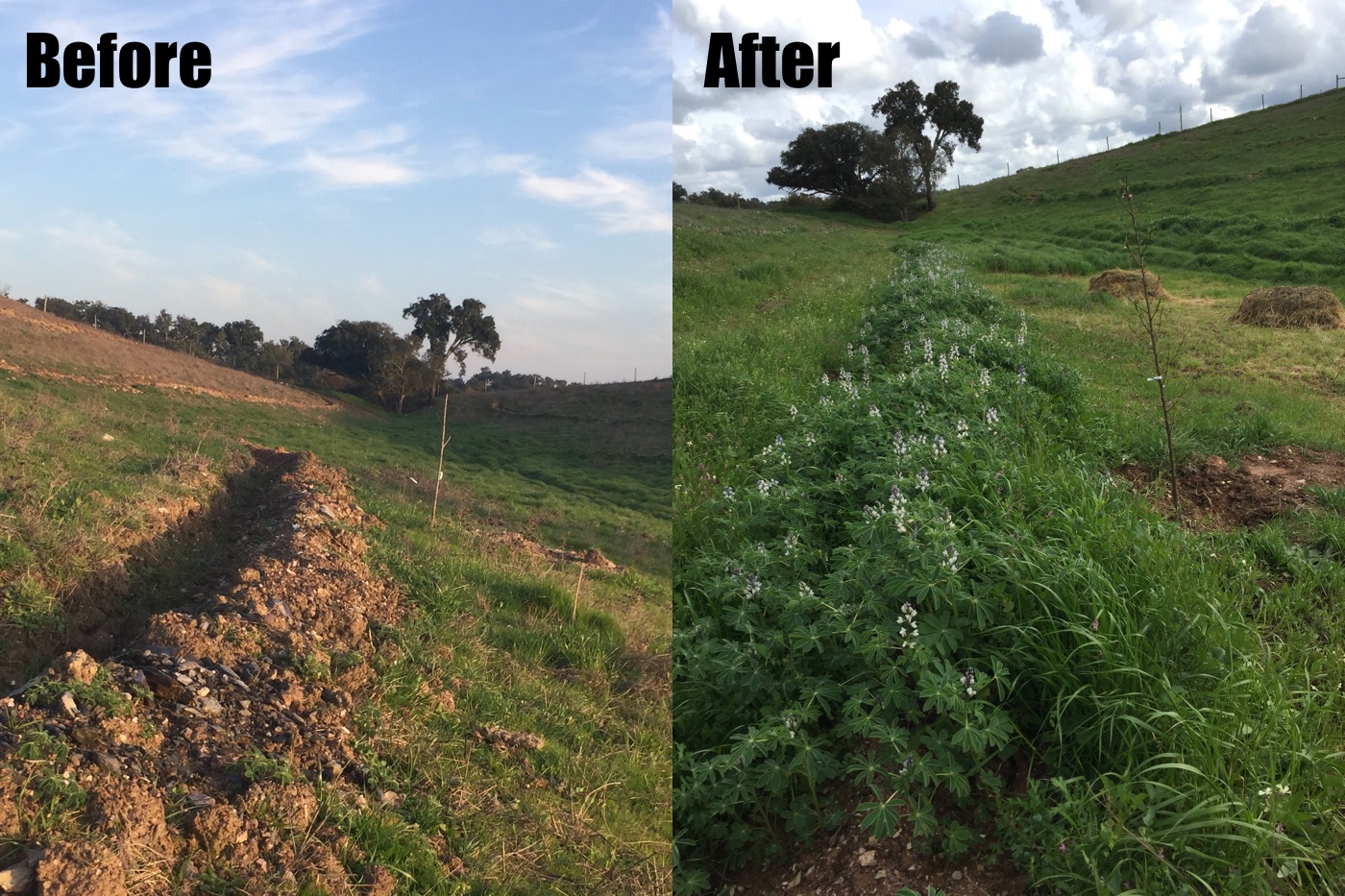
Integrated Pest Management (IPM):
The ecological garden aims to host a diverse range of plants and animals, mimicking a natural ecosystem in order to provide services such as pest control & pollination. Learn how to create habitats which attract the beneficial beings. Identify the root causes of potential disease and pest problems in order to create a harmoniously integrated edible ecosystem.
Garden Planning:
Apply the science of Permaculture design in order to map, plan and arrange all the elements of your garden to maximise efficiency and productivity. Regardless of the size of your garden permaculture design can help you to get the most out of it in terms of; production, energy efficiency, economy and enjoyment.
Food forestry:
How to mimic natural forest systems to create an abundance of food, fiber and fodder. Explore the art of designing and creating edible landscapes which not only provide an abundance of food but also require less and less maintenance over time.



Course price: € 350
This price includes all meals, a place to stay for the duration of the course, transportation to and from the farm and all course tuition and materials.
We ask all registrants to make a deposit of € 100 to secure your spot and for the remaining fee of € 250 to be paid in cash on arrival.
Early Bird Discounts:Get in there early and secure this natural building workshop for an incredible € 300 if you sign up before January 15th 2018
Azula would like to be as transparent as possible with their finances, as an example to other projects and to be open and honest with visitors and students, who each contribute so much to the building and development of the farm and community.
Azula is currently funded by its founders but they want to create a more resilient economic model by diversifying their streams of income. Creating a volunteer program and by running courses and workshops will help develop the systems on the land. The money paid for your course fee will be divided between Azula project and the facilitators, meaning Azula can go forward with developing the project and purchasing of materials, and the facilitators can continue with their passion to teach and inspire.
Please Note:
In the unlikely event of us canceling the course your deposit will be refunded in full, additionally we will not be held responsible for any financial losses accrued. The closing dates for registering for the course is June 11th 2017. Deposit’s are non-refundable. We will accept late bookings if there is space available.
Fundraise for your Tuition
If you are interested in a creative way to come up with funds for this course, look into fundraising for it through WeTheTrees.com. It is a great way to reach out to your family and friends, let them know what you are up to and give them a easy way to contribute to your education.
Accommodation and Food:
Accommodation during the course will be provided in a 2 big dormitory tents with comfortable mattresses, lights and mosquito nets. You will need to bring a sleeping bag and pillow. However for those that would prefer more privacy there is the option to rent a private bell tent for a maximum of 2 people at an added charge of € 30 a day. They will be placed in private and beautiful surroundings in the proximity of toilets and showers. We have limited tents so booking them in advance is a must. If you prefer, you can also bring your own tent and camp on the designated areas. Fresh and organic vegetarian food will be provided throughout the course and will be sourced from the farm itself and the local market. Special dietary needs can be accommodated for but please let us know in advance.
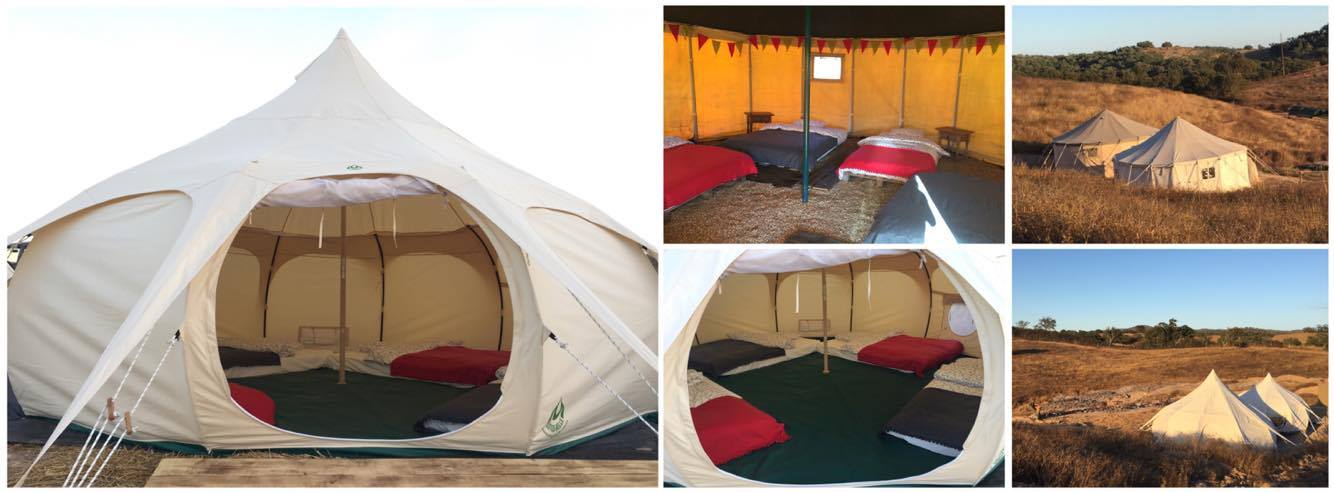
Contact information:
Please feel free to email us on info@azula.bio for any additional information you may need.
Meet the Facilitator:

Kyle has practiced horticulture and community living on a kibbutz in Israel where he was inspired to pursue a career in horticulture. During his studies he completed an internship at Soil for Life, a Cape Town based non-profit organization teaching people how to build the soil and grow healthy plants using organic and low-cost methods. After completing his studies in horticulture he worked at Kirstenbosch Botanical gardens in Cape Town, South Africa. His main focuses were conserving indigenous plant species, rehabilitating degraded ecosystems, designing and establishing education gardens on the grounds of the botanic garden. Kyle recently left his position as the perennial plant manager at Panya Project, Thailand, where he spent 3 years teaching, designing and co-coordinating the volunteer and internship program. He is currently a nomadic permaculture consultant and teacher; traveling and connecting with Permaculture projects around the world. Kyle is also a designer and consultant for Surplus Permaculture Design. He is passionate about conserving soil ecosystems, plant propagation and small-scale ecological agriculture. He is working towards empowering people to grow their own food, become more self reliant, and regenerate degraded ecosystem.
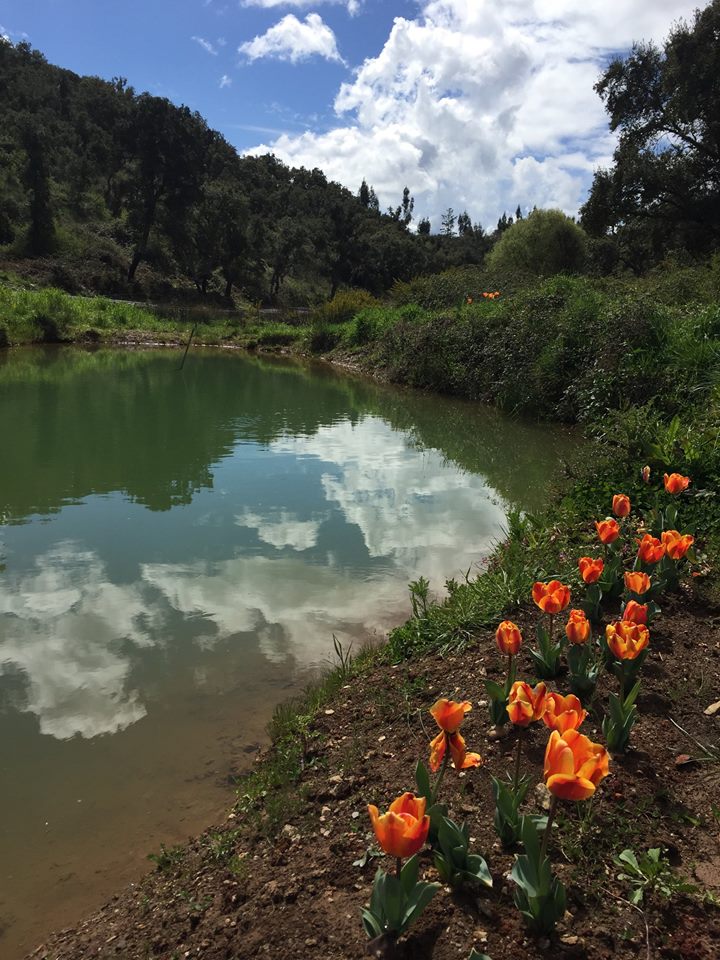
Azula is a new and fresh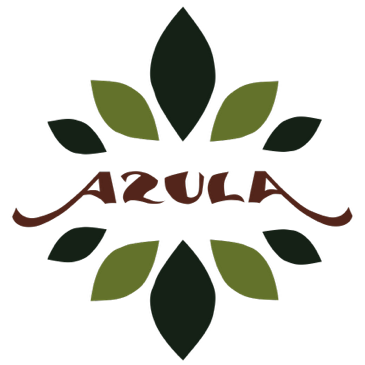 permaculture project founded in August 2016, in the beautiful Alentejo region of Portugal. The founders are full of enthusiasm,passion, determination and knowledge, and they are transforming this previously heavily grazed land, into an abundant off the grid farm by applying fully integrated Permaculture design systems. This is a fantastic opportunity to see how you can really make dreams into reality by designing and building a Permaculture project from scratch. Not only will you be partaking in a 5 day immersion into organic gardening, but you will also be part of the beautiful Azula community and thereby learn how to live and thrive with people from all walks of life, go back to basics and becoming more connected with nature. Our aim is to create a supportive learning community for the duration of the course where trust, compassion, support and connection is built among participants, facilitators and community members.
permaculture project founded in August 2016, in the beautiful Alentejo region of Portugal. The founders are full of enthusiasm,passion, determination and knowledge, and they are transforming this previously heavily grazed land, into an abundant off the grid farm by applying fully integrated Permaculture design systems. This is a fantastic opportunity to see how you can really make dreams into reality by designing and building a Permaculture project from scratch. Not only will you be partaking in a 5 day immersion into organic gardening, but you will also be part of the beautiful Azula community and thereby learn how to live and thrive with people from all walks of life, go back to basics and becoming more connected with nature. Our aim is to create a supportive learning community for the duration of the course where trust, compassion, support and connection is built among participants, facilitators and community members.
 surpluspermaculturedesign
surpluspermaculturedesign